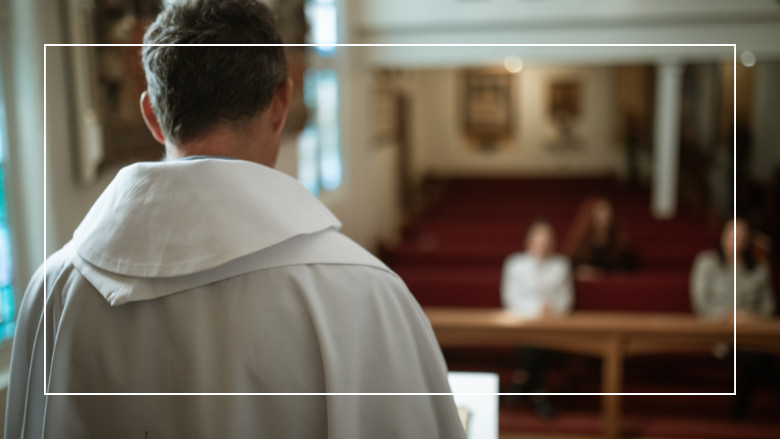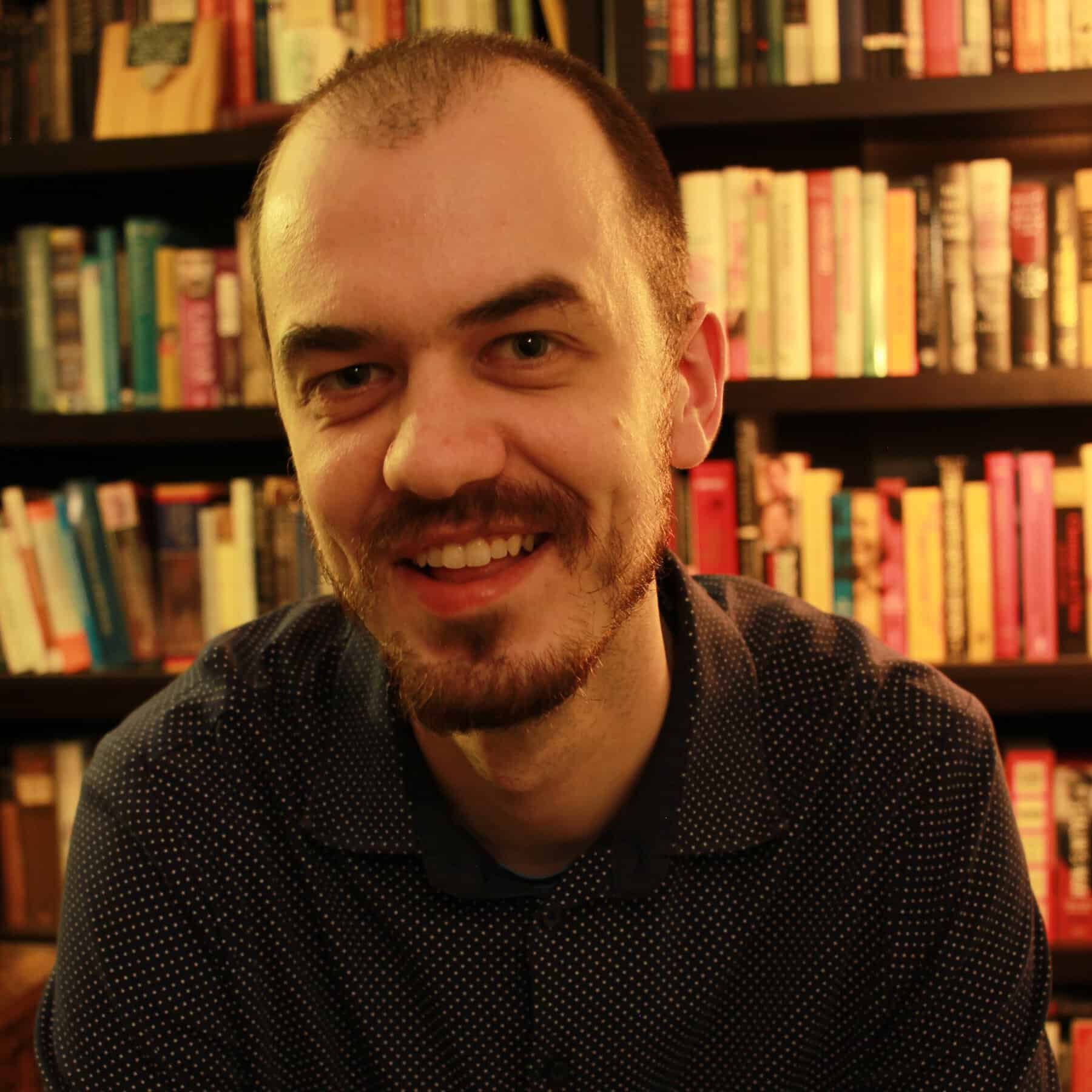
Stock Photo Canva
By Dan Sherven
This series of reflections is based on Bishop Robert Barron’s The Mass. Watch Bishop Robert Barron’s The Mass through Word on Fire Catholic Ministries. Learn more about Bishop Robert Barron’s The Mass. Find the first article in this series here.
Bishop Barron tells the story of learning to play baseball and how the coach had the kids first get to know the grass. As there’s much more going on in life than propositional statements about reality. Christianity is not primarily a philosophical system, but a real encounter with the Living God.
In reference to the baseball coach, Bishop Barron says, “We need a good mystagogue, a guide, someone who will move us through the thicket of the biblical world, helping us to understand it and then see our relationship to it. We need, in a word, a preacher; we need a homilist.”
Mystagogy is a Greek term, meaning “to lead through the mysteries.” A mystagogue is someone who helps us with scriptural interpretation, but in a way that shows us the practical application.
Author Matthieu Pageau notes: “If you know the Bible very well and you understand the stories, you might start to discover that the patterns that are described in the Bible are also happening to you. All the time. Whether you want it or not, by the way.” For, as our reading says, “once people have seen how their lives are illumined by the Biblical pattern, they will want to make their lives a living sacrifice of praise to God.”
Our reading talks of the apostle Philip in the Book of Acts, where he is reading a quote taken from Isaiah: “Like a sheep he was led to slaughter, and as a lamb before its shearer is silent, so he opened not his mouth. In his humiliation, justice was denied him. Who will tell of his posterity? For his life is taken from the earth.” Philip brought that quote to an Ethiopian who was open to Christ.
In this way, Philip was a mystagogue for the Ethiopian as the apostle “went beyond scriptural expositions into dynamic witness, and it was the combination of the two that filled the Ethiopian with a desire to proclaim Christ himself through becoming baptized, thereby beginning a lifelong engagement with mystery through an encounter of intimacy.”
Propositional knowledge, thinking about ideas, and using words is fine, but as the cognitive scientist John Vervaeke points out, there are other forms of knowledge, such as playing a sport, which are not strictly about ideas. The Catholic Mass, with its focus on the body, offers us an experience which is more than words. We also cannot describe the experience of Mass in only words. Because an encounter with the Word made Flesh demands the entirety of the person.
Bishop Barron teaches us how every baptized person, whether male or female, is a “Priest, Prophet and King.” That idea is inspired by the First Letter of Saint Peter, where we find that those who are in Christ are a “royal priesthood.” Protestants often hold that phrase to mean that anyone can be a minister, and confession through a priest is not necessary.
But as Orthodox thinker Jonathan Pageau points out, the phrase ‘royal priesthood’ is “referring to a verse in the Old Testament in which it says that Israel is a nation of priests. Now, what Peter is doing is applying it to Christians. He’s saying, like Israel was a nation of priests, so too now this priesthood is extended to all those that enter into Christ; they are now Israel for all intents and purposes. But in the Old Testament, the phrase didn’t mean that everybody was a priest in terms of function.”
This distinction between function and identity is crucial, especially in how we understand the priest’s role within the liturgy. Pope Benedict XVI stated, for example, that “whenever applause breaks out in the liturgy because of some human achievement, it is a sure sign that the essence of liturgy has totally disappeared and been replaced by a kind of religious entertainment.” If there is applause, we are applauding the priest as the individual he is, the man, rather than noticing that he is a representative of Christ on earth.
Our reading has the story of the adulteress whom Christ does not condemn. For Christ does not condemn anyone, as the writer John Marsh notes. It is each individual’s choice in how they respond to the reality of Christ, accepting or rejecting Christ, which either frees or condemns a person.
The story of Christ not condemning the adulteress, who accepts Christ, shows the reader that we are “forced into a recognition of self that severs any lingering attachment to a judgmental mob mentality…we too must express gratitude for mercy.” Because we also are “both liable to right judgment,” and “the beneficiaries of unearned mercy.” We have our own sins to focus on. And as Christ says, with a phrase to echo forever: Let he who is without sin cast the first stone.
During the Mass, in response to us having heard the Word spoken through the Gospel, we move on to a request. Bishop Barron notes: “Having heard all you have done, Lord, having sensed that we’re a part of that story, now we have the confidence to stand up and ask, ‘Lord, may you do something just as great for us.’” Protestant pastor Paul Vander Klay says that we honour a king by making a kingly request.
Sometimes we should ask for the impossible, from the King of Kings.
Learn more about Bishop Robert Barron’s The Mass.

Dan Sherven is the author of four books, including the number one bestseller Classified: Off the Beat ‘N Path and Uncreated Light. Sherven is also an award-winning journalist, writing for several publications. Find Sherven’s work.

